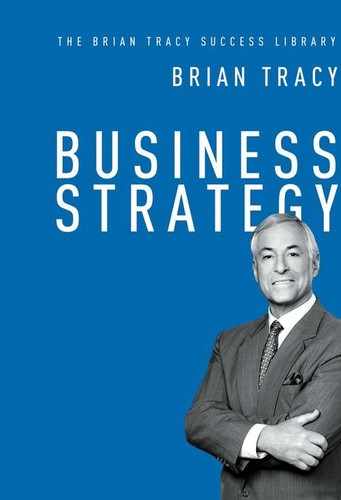Have a Divestment Strategy
A strategy is successful if it focuses your efforts and time on what you do very well. Strategic planning is not only about what you need to start doing based on your strategy choices. It’s also about what you need to stop doing.
Remember, to start something new, you must stop doing something old. Your dance card is full. Your resources are already taxed to the full, if not overtaxed. To do something new in the future, you must free up time and resources by discontinuing things that you are doing today.
Divestment strategy means that you have to get rid of yesterday before you can go on to tomorrow. What are you going to get out of, cut back on, remove, or eliminate altogether? One of the basic rules in strategic thinking is to never go into something new until you have gotten rid of something old. Never expand into a new area until you have divested yourself of something in an older area.
What Should You Downsize, Discontinue, or Eliminate?
What are your key weaknesses? There are many parts of your business where you are active, yet you can never become the market leader in those areas. The cost of achieving market dominance is too high and/or your competition is too deeply entrenched with high-quality products and services.
One of the keys to focus and concentration is for you to have the foresight and courage to abandon certain products, services, and markets where you cannot achieve superiority. As Jack Welch famously said, “If you don’t have a competitive advantage, don’t compete.”
His revolutionary strategic directive for GE was: “We will be number one or number two in every market, or we will abandon that market completely and focus on those markets where we can be number one or number two.”
Admitting that you have both strengths and weaknesses in any area is an important step forward. Deciding to withdraw from or abandon a market where you cannot achieve victory is often the most intelligent strategic decision of all.
The Law of the Excluded Alternative
The Law of the Excluded Alternative says that “doing one thing means not doing all other things that you could be doing at the same time.”
This means that whatever you choose to do, you are simultaneously choosing not to do anything else at that moment, or with that same amount of money. Sometimes, what you choose not to do is absolutely essential so that you are able to concentrate your powers where the greatest success is possible.
Managerial Ego
Businesses sometimes fail because of managerial ego. This happens when the decision maker invests his or her ego in a course of action that is not working, in a person who obviously cannot do the job, or in a product or service that is not selling.
When companies invest in managerial ego, they often take their best salespeople, their best marketing people, and their biggest advertising budgets and focus them on selling a product or service that is no longer successful or, even worse, has never been successful. But because somebody thought up this product and gave it the go-ahead, resources are wasted.
There’s a saying: “If the horse is dead, get off!”
This maxim follows the Law of Holes: “If you find yourself in one, stop digging.” The solution is not to dig the hole of failure and frustration deeper, but to begin digging somewhere else—and to begin doing or trying a different course of action.
